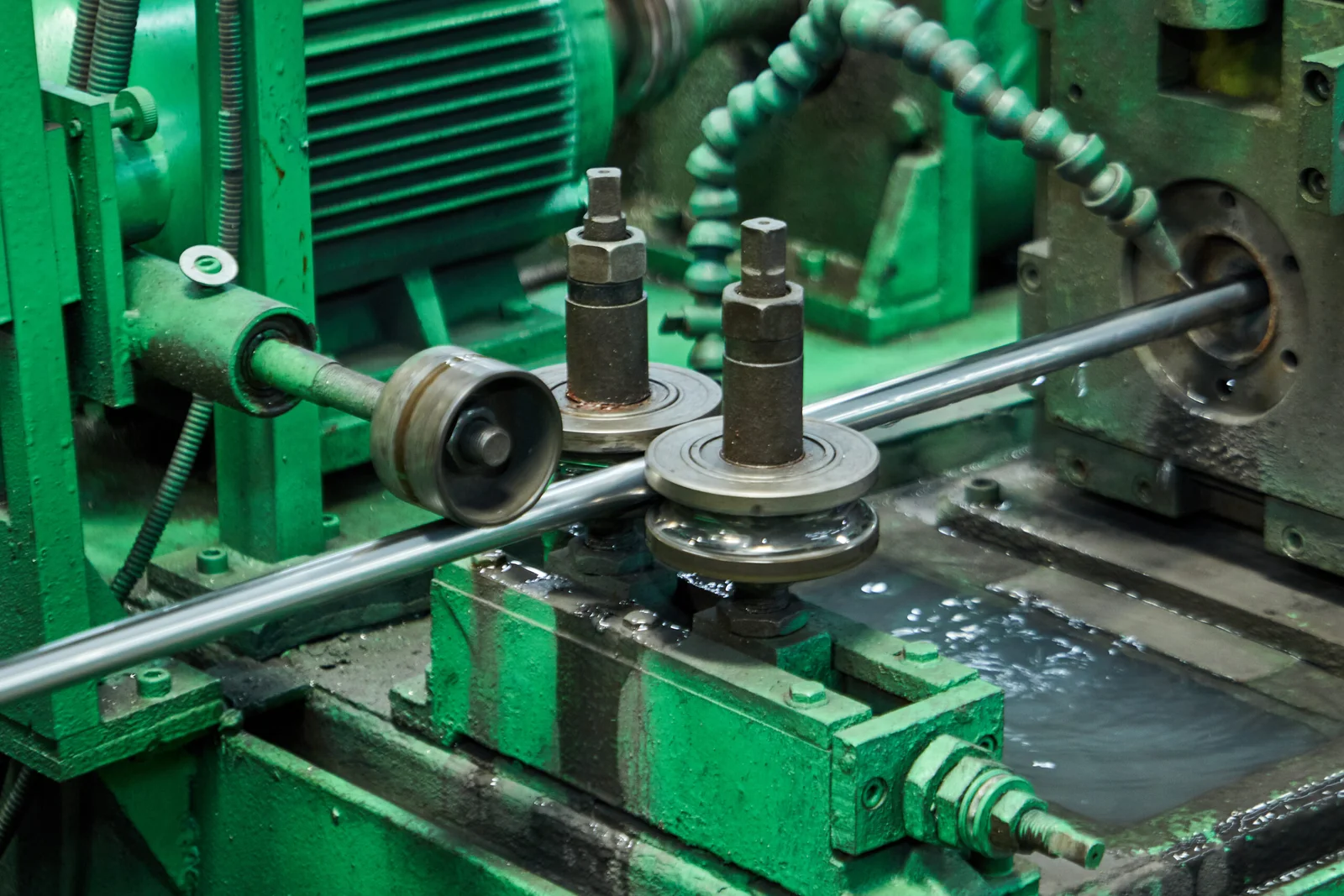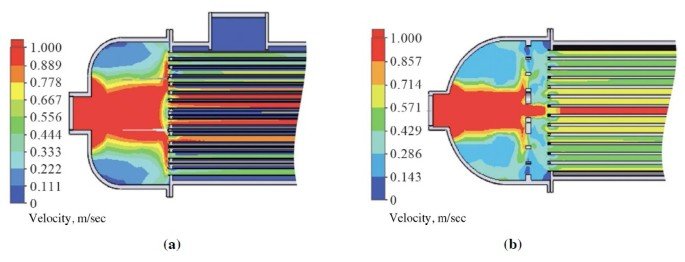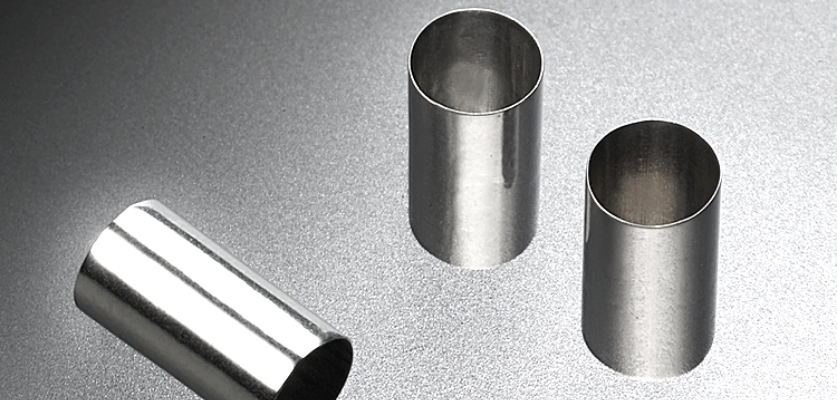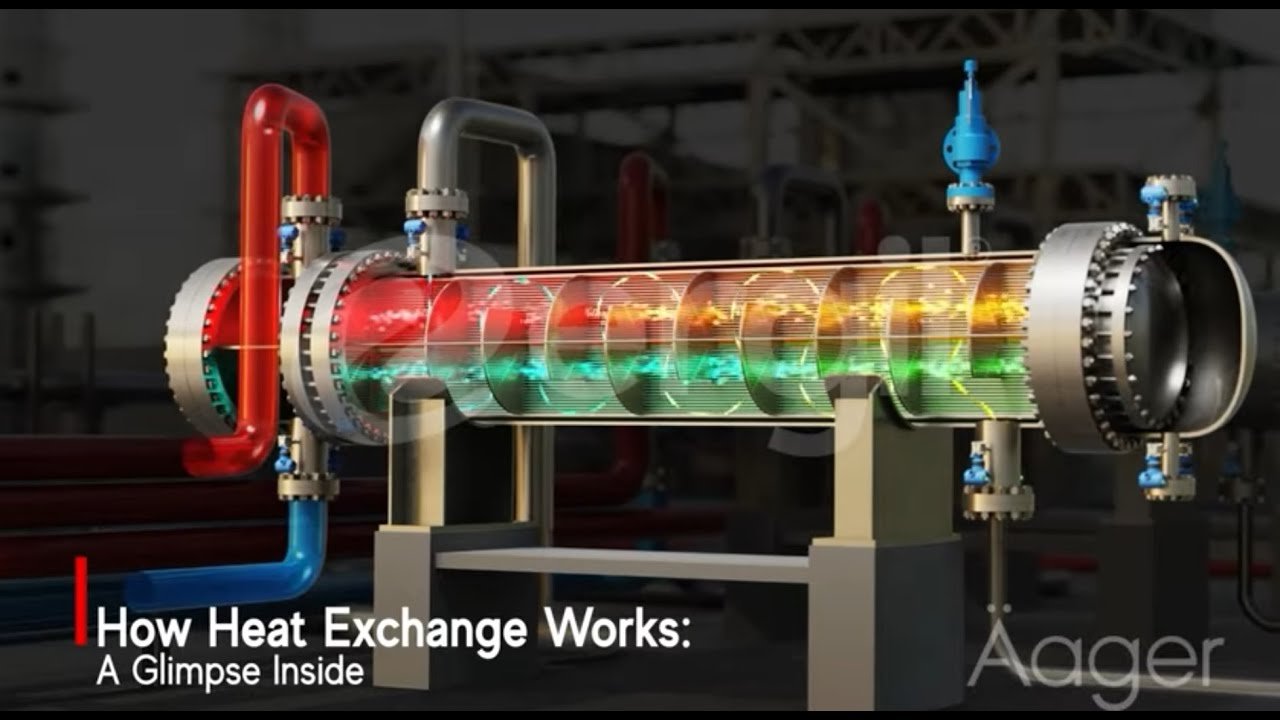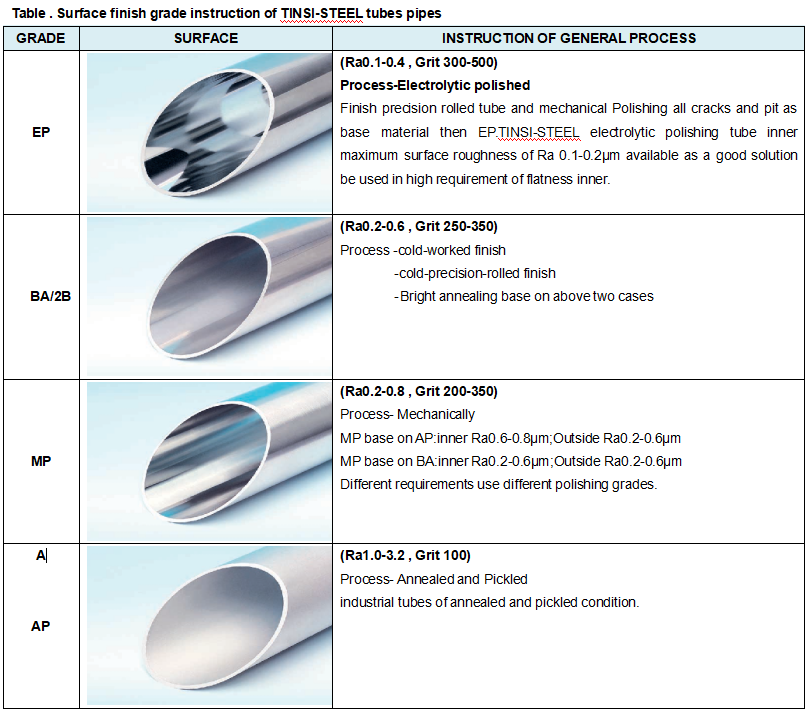Meta Description:
Are stainless steel seamless pipes leak-proof? Discover the real causes of leakage, how to prevent failures, and what international standards say about pipe integrity.
Introduction
One of the most frequently asked questions by project engineers, maintenance managers, and buyers is:
“Will stainless steel seamless pipes leak?”
The short answer:
Under normal use and proper installation, stainless steel seamless pipes do not leak.
But leaks can still happen due to external factors, poor handling, or incorrect material choice.
In this blog, we’ll explore what causes stainless steel pipes to leak, how to prevent it, and what certifications and standards to look for when sourcing.
Why Seamless Pipes Are Less Likely to Leak
Seamless stainless steel pipes are manufactured without a longitudinal weld, which eliminates a major point of weakness found in welded pipes.
According to the ASTM A312 standard, seamless pipes are recommended for high-pressure or corrosive services because they offer:
- Uniform wall thickness
- No weld seam cracking risk
- Better resistance to thermal fatigue
- Higher reliability under stress
Because of this, seamless pipes are often used in boiler systems, heat exchangers, LNG plants, offshore pipelines, and refineries.
Common Causes of Leakage in Stainless Steel Pipes
Even seamless pipes can leak—but usually not because of the pipe itself. Leaks often stem from:
1. Poor Installation Practices
- Excessive torque on threaded joints
- Improper flange sealing or misalignment
- Lack of support, causing pipe sag and vibration
2. Incorrect Material Selection
- Using TP304 in chloride-rich environments
- Choosing thin wall pipes in high-pressure systems
- No NACE certification in H₂S service
More info: NACE MR0175 Guidelines for sour service
3. External Corrosion or Mechanical Damage
- Chloride attack in coastal areas
- Chemical exposure without proper coating
- Physical denting during transport or handling
4. Thermal Cycling or Stress Fatigue
Repeated heating and cooling can cause joint fatigue or microcracks—especially in systems with expansion or vibration.
How to Prevent Stainless Pipe Leaks
✔ Use the Right Material
For aggressive environments (e.g., seawater, sulfuric acid), consider:
- TP316L instead of TP304
- Duplex stainless for better chloride resistance
- Incoloy 825 or Alloy 625 for sour gas or acid exposure
✔ Follow International Standards
Ensure pipe supply complies with:
- ASTM A312 or A213
- EN 10216-5 for seamless stainless tubes
- NACE MR0175 for sour gas environments
- ASME B31.3 / B31.1 for pressure piping design
✔ Pay Attention to Surface Finish
Pickled and passivated pipes resist corrosion better. For sanitary or corrosive applications, bright annealed or electropolished finishes are ideal.
✔ Perform Proper Installation
- Align flanges and gaskets carefully
- Support long runs to prevent deflection
- Use torque charts and tighten joints evenly
- Avoid field welding unless qualified
Frequently Asked Questions (FAQ)
Q1: Is seamless pipe completely leak-proof?
No pipe is absolutely leak-proof. However, seamless pipes significantly reduce leak risk when properly installed and used within design limits.
Q2: What is the most common reason for a stainless pipe leak?
Poor installation or wrong material choice. The pipe itself rarely fails unless damaged or misapplied.
Q3: Can corrosion cause leaks in stainless steel pipes?
Yes—especially in high-chloride or acidic environments. Material grade and surface treatment matter.
Q4: Does DLSS provide leakage-resistant pipe solutions?
Yes. DLSS supplies ASTM- and NACE-compliant seamless tubes with surface finishing, inspection, and packaging designed to reduce leak risks.
Conclusion
Stainless steel seamless pipes are among the most reliable options for critical piping systems. While no system is immune to leaks, proper installation, material selection, and standards compliance make leakage extremely unlikely.
DLSS supports global projects with certified seamless pipes for heat exchangers, LNG, petrochemical, and high-pressure applications—engineered for long-term reliability.
Contact DLSS
Email: info@dlsspipe.com
Website: www.dlsspipeline.com


